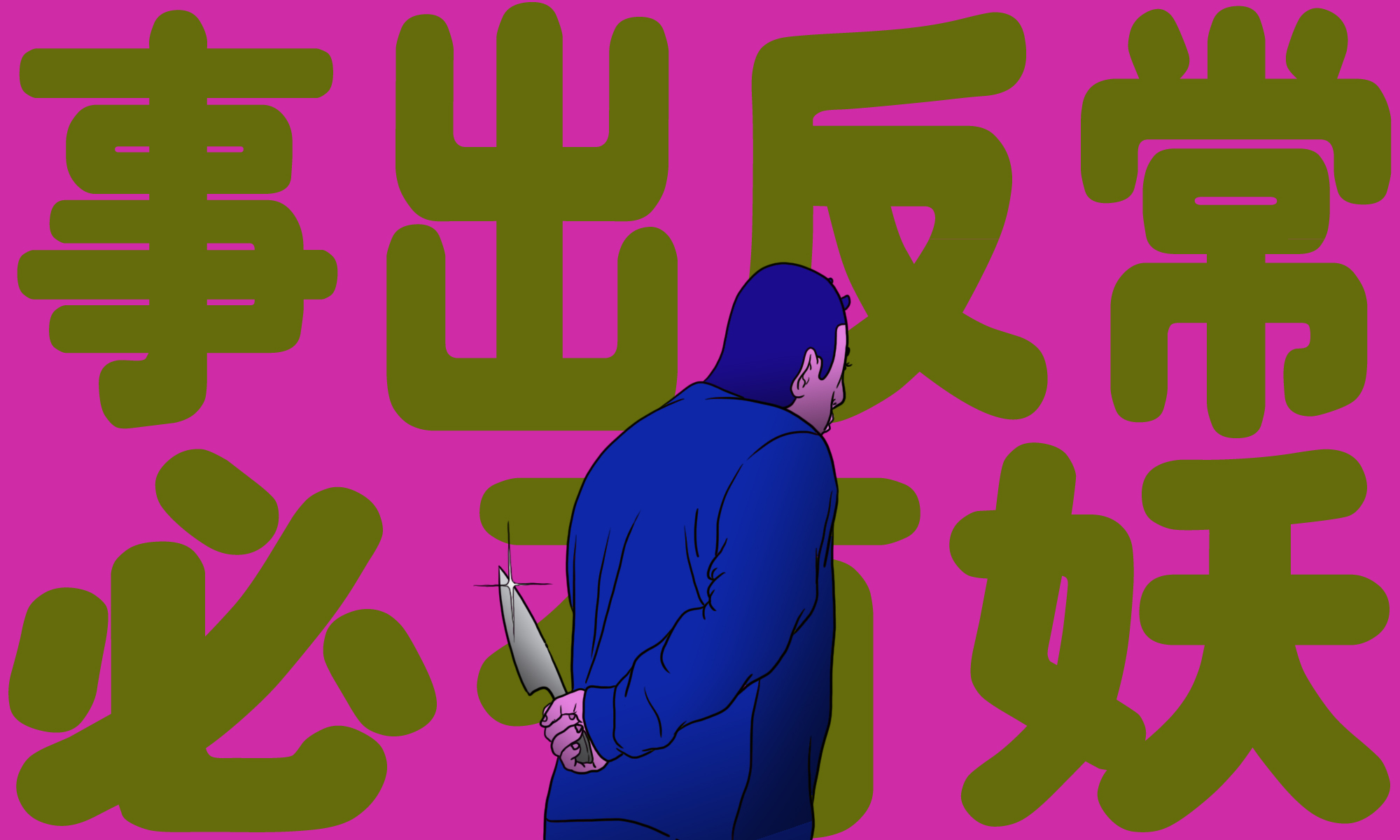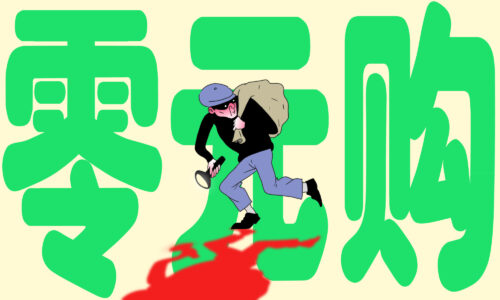‘Where there’s smoke, there’s fire’ — Phrase of the Week
The mysterious circumstances around the body of a missing teenager have stirred up speculation on social media, with many suspecting that something is amiss.

Our Phrase of the Week is: Where there’s smoke, there’s fire (事出反常必有妖 shì chū fǎncháng bì yǒu yāo).
The context
The body of a missing teenage boy was found in a woodland in Qianshan, Jiangxi Province, last weekend.
A police autopsy confirmed it was Hú Xīnyǔ 胡鑫宇, 15, who vanished from his school dormitory more than 100 days ago. He was last seen on a school surveillance camera walking to an evening study session on October 14.
Social media discussions have erupted over inconsistencies in the information released by police. Many questions remain unanswered, creating more online suspicion and rumors. Former editor of the Global Times Hú Xījìn 胡锡进 criticized the local authorities’ handling of the investigation in a post on Weibo:
In any case, the development of Hu Xinyu’s case is mysterious and messy. The local police have been ineffective in handling the case.
无论如何,胡鑫宇案的进展全过程充满了不应有的神秘和混沌,当地警方对案情的处理不够有力。
Wúlùn rúhé, Hú Xīnyǔ àn de jìnzhǎn quánguòchéng chōngmǎn le bù yìng yǒu de shénmì hé hùndùn, dāngdì jǐngfāng duì ànqíng de chǔlǐ bùgòu yǒulì.
One of the top replies to Hu’s post has captured the mood over the murky circumstances surrounding the boy’s death, bringing us our Phrase of the Week:
Where there’s smoke, there’s fire. The police need to provide a convincing explanation.
事出反常必有妖,要给一个有信服力的交代。
Shì chū fǎncháng bì yǒu yāo, yào gěi yíge yǒu xìnfúlì de jiāodài.
What it means
The direct translation of the phrase is: “Things happen unusually — there must be a demon.”
In Chinese, the word for things (事 shì) implies “bad things” in certain situations such as this one. The word for demon (妖 yāo) connotes “evil” or “bad.”
This phrase is a well-known colloquialism. It’s the first half of a longer phrase:
When something unusual happens, there’s probably an evil behind it; when a person behaves unusually, he probably has a knife (ready to stab from behind).
事出反常必有妖,人若反常必有刀。
Shì chū fǎncháng bì yǒu yāo, rén ruò fǎncháng bì yǒu dāo.
It first appeared in a collection of essays called Jottings From the Grass Hut for Examining Minutiae (阅微草堂笔记 yuèwēi cǎotáng bǐjì) by Jì Xiǎolán 纪晓岚.
Ji was an influential philosopher, politician, and writer during the Qing dynasty (1644–1912). He published five collections of supernatural tales between 1789 and 1798, which were published in a single volume in 1800.
When something unusual happens, there’s probably an evil behind it is the best-known phrase from Ji’s collection of tales. In modern Chinese, it describes a situation where the facts have changed, or the reality is different from what was understood. It means there’s something untoward or “fishy” going on.
So my translation is: “Where there’s smoke, there’s fire.”






